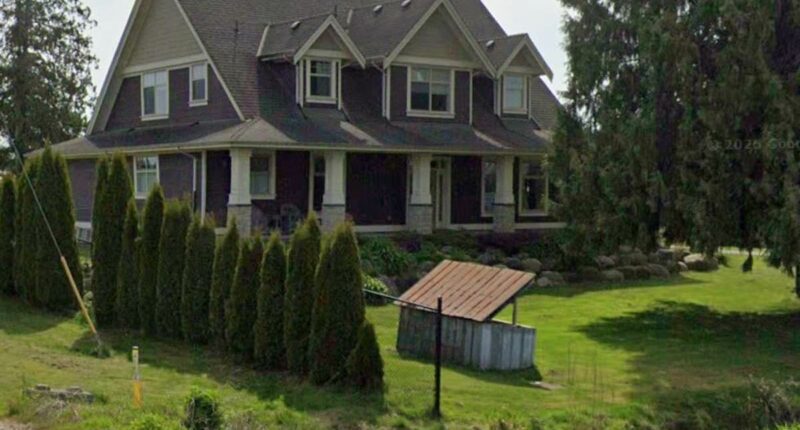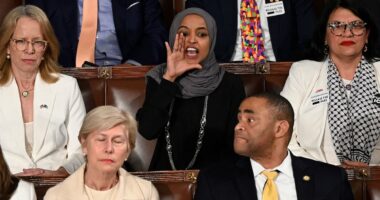Share this @internewscast.com

The picturesque city of Richmond faces a significant upheaval following a Canadian court decision that could see residents lose their homes. The British Columbia Supreme Court has granted the Cowichan Tribes an Aboriginal title to approximately 800 acres in this Vancouver suburb. Additionally, the court recognized the tribe’s Aboriginal right to fish for sustenance, according to the August 2025 ruling reported by the Daily Mail.

The court’s decision also labeled the federal government’s and Richmond city’s claims to the land as “defective and invalid.” However, the enforcement of this declaration has been postponed for 18 months, allowing the tribe, federal government, and city to negotiate necessary arrangements. In response, Richmond Mayor Malcolm Brodie has issued a letter cautioning residents that their property titles may be jeopardized, potentially undermining their ownership rights. He encouraged residents to participate in an upcoming city-organized information session to better understand the implications of this critical development, as noted in the letter acquired by the Daily Mail.

The scope of the Cowichan Tribe’s claim may expand as they have filed an appeal seeking additional land in the vicinity, according to Brodie’s correspondence. The August 2025 verdict, which concluded what is described as Canada’s lengthiest trial, awarded the tribe ownership of the Lands of Tl’uqtinus. This historical village site, once bustling with trade and fishing along the Fraser River, now includes properties and buildings valued at over $1.3 billion, based on an analysis by The Globe & Mail. Presently, this area hosts residential homes, small farms, a golf course, and various industrial operations.

The Cowichan tribes were displaced from the area in the mid-1800s when the British colonized the area. British Columbia (BC) ultimately became a Canadian province and land in the historical Cowichen territory was sold over the years. The tribe wanted to have ownership of the land returned to them, but did not seek that titles of privately held properties be declared invalid.

The court, however, ruled that granting private property ownership rights would ‘unjustifiably infringe’ on Cowichan Aboriginal title, the August 2025 decision stated. The court further ruled that issues surrounding titles would need to be resolved through negotiation, litigation or purchase, otherwise the properties would remain under Cowichan title lands.

The BC government and city of Richmond have filed a notice of appeal in the case. Brodie and BC attorney general Nike Sharma have urged a ‘higher court’ to reconsider the ruling. The mayor believes property owners were not fairly represented during the legal process, which is understood to have stretched over five years.

‘If you’re going to talk about someone’s land, surely they have the right to be there, to have representation, to speak about it,’ Brodie told CTV News . ‘And so, they’re just starting to wake up to what is going on.’ He warned the court’s ruling could ‘dismantle the land title system’ and could have significant ramifications nationwide. Brodie called on the federal and provincial governments to ‘do your job’ and ‘take the position that needs to be taken to protect people and businesses, and investments.’ Sharma, in a statement, warned the ruling could have ‘significant unintended consequences for fee simple private property rights.’

Robert Morales, chief negotiator for tribes, reiterated on Sunday that the Cowichan people do not want to invalidate fee simple interests of private landowners. ‘The nations have always stated that they are not interested in, and not wanting to, displace the ordinary British Columbian from their land, understanding that that’s a pretty serious position to take,’ he told the Globe & Mail. Morales did, however, note there are ‘corporate interests’ that they are disputing. ‘Corporations, or the governments who have privately held land as a corporation or as a government, I think that’s a different issue,’ he added.








